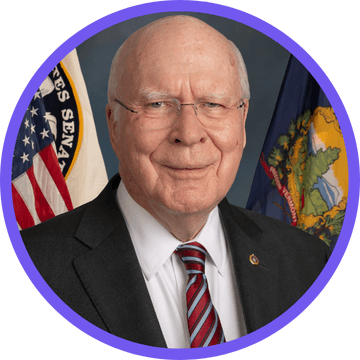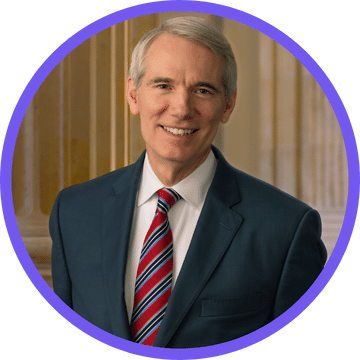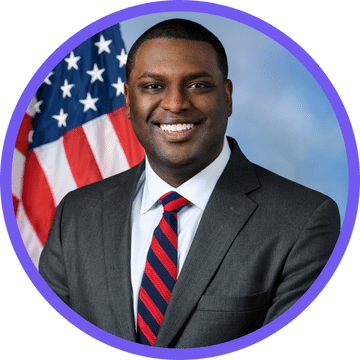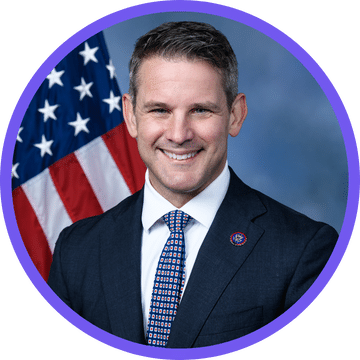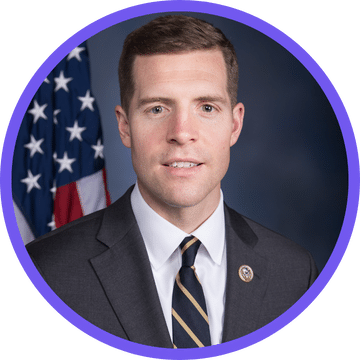While most public affairs shops are focused on the incoming Congress and introducing themselves to the new members being sworn in, there is another way to evaluate the new political landscape. We can focus on who is leaving.
Dozens of lawmakers surrendered their seats last week, either because they decided to retire, lost a primary or were defeated in the general election. Collectively, hundreds of years of legislative experience are leaving the building, along with many unique backgrounds and political perspectives. If Congress were a corporation, this would be considered a brain drain.
For government affairs teams, the departures can be as important as new members joining Congress. When lawmakers leave, teams lose champions on their issues, are forced to build new committee relationships and must contend with what these politicians, many of whom still have a platform, do outside Congress. This can be positive or negative. Some teams will continue to work with former members—or even hire them.
Indeed, where lawmakers go is always interesting. Retirement from Congress does not necessarily mean a life of leisure. In many cases, former lawmakers pass through Washington’s revolving door to land new roles in the private and public sectors. They become lobbyists, join corporate boards, lead associations, serve at universities and form their own political organizations. Some may even run for office again.
Since the first Congress was seated in 1789, more than 12,400 people have served as voting members of the House or the Senate or sometimes both, according to House records. This year, dozens of lawmakers, including Republicans and Democrats in both the House and Senate, have left office. Here are some of the most notable:
